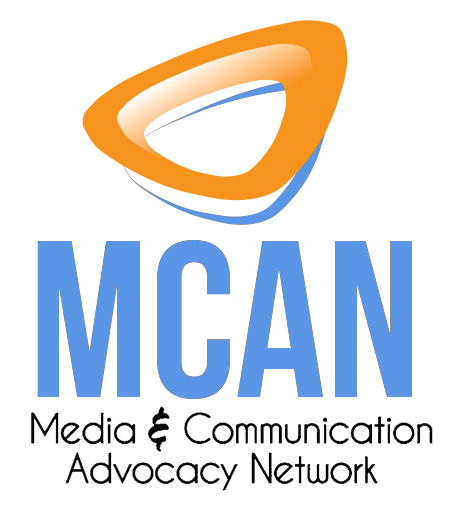A document which details the “essential services” package for women and girls subject to violence has been launched in Accra.
This package identifies essential services such as health, justice, social services and policing that should be provided, as well as guidelines for their coordination and governance of processes.
It further identifies service delivery guidelines for the basic elements of each essential service, with a view to ensuring the provision of quality services for women and girls who are subjected to violence, particularly in low and middle-income countries. Collectively, these elements constitute the essential service package.
The essential services package is a United Nations global joint programme, between UN Women, the United Nations Population Fund (UNFPA), the World Health Organisation (WHO), United Nations Development Programme (UNDP) and United Nations Office on Drugs and Crime (UNODC), aimed at providing better access to essential and quality multi-sectoral services for all women and girls who have been subjected to gender-based violence.
Developed in 2015, it is designed to respond to internationally agreed agreements and obligations in the context of the provision of services for combating violence against women.
Workshop
The launch of the document formed part of a three-day workshop to strengthen the capacity of the key sector professionals and staff of UN agencies to improve the effectiveness of the multi-sectorial response to gender-based violence.
It was organised by UNFPA, Ghana, with the support of UN agency’s West and Central Africa Regional Office (WCARO).
The workshop was attended by representatives of the ministries in charge of women, health, justice, national security and representatives of NGOs working with victims of gender-based violence.
Others were UNFPA officials from Togo, Benin and La Cote d’Ivoire, members of UN Women, WHO, UNDP and UNODC, representatives of Faith-based Organisations (FBOs) and development/bilateral partners.
2030 Agenda
Addressing the participants, the UNFPA Country Representative, Mr Niyi Ojuolape, stated that the 2030 Agenda for Sustainable Development explicitly targeted the end of discrimination and elimination of all forms of violence and harmful practices against all women and girls.
He noted that “despite our many commitments to eliminate discrimination against women and girls, it remains pervasive in every society and country, and is one of our greatest human rights and development challenges”.
“Discrimination and different forms of violence against women, including sexual violence and harmful practices, continue to severely affect women’s enjoyment of human rights, in particular their sexual and reproductive health and rights,” he added.
The “Essential Services” therefore are to ensure that every victim of violence has prompt access to the full range of essential services, including sexual and reproductive health services, support to ensure mental and physical health, well-being and safety, and access to justice.
Mr Ojuolape affirmed the UNFPA was committed to providing technical assistance under a multi-sectoral framework to ensure that victims and survivors of violence receive quality services that address their needs.
Leadership role
In her message, the UNICEF Country Representative to Ghana and acting Resident Coordinator of the UN, Ms Anne-Claire Duffay, commended the UNFPA for taking the leadership role in building a common understanding of the functions of the multi-sectorial response, providing the technical support and strengthening the capacity of the stakeholders.
The Essential Services for Women and Girls seek to provide greater access to a coordinated set of essential and quality multi-sectoral services for all women and girls who have experienced or are experiencing gender-based violence, she reiterated.
Ms Duffay said the United Nations family in Ghana was very pleased that Ghana was among the countries benefiting from Essential Services Package by way of introducing it to the sectors that matter and developing the requisite national road map to support women and girls victims of violence.
Pilot
Ms Seynabou Tall, a Gender Consultant who facilitated the workshop, said the package was a practical tool for countries as it established a clear roadmap on how to ensure the delivery and coordination of quality services in all sectors.
UNFPA, she said, has led a pilot in Guatemala, Mozambique, Tunisia and Peru to test the standards and guidelines.
The results are meant to help to understand how standards and guidelines can be adapted to a specific country’s context and help to further refine support at the country level to improve quality and access to essential services for women and girls victims of violence, she added.
Furthermore, she said, in West and Central Africa Region, UNFPA Regional office led the launch of the roll out in Mauritania, Mali, Gabon, Central African Republic and Burkina Faso.
Ms Tall said the workshop participants would develop a plan for the introduction of a coordinated multi-sectorial response to Gender-Based Violence at the country level.

